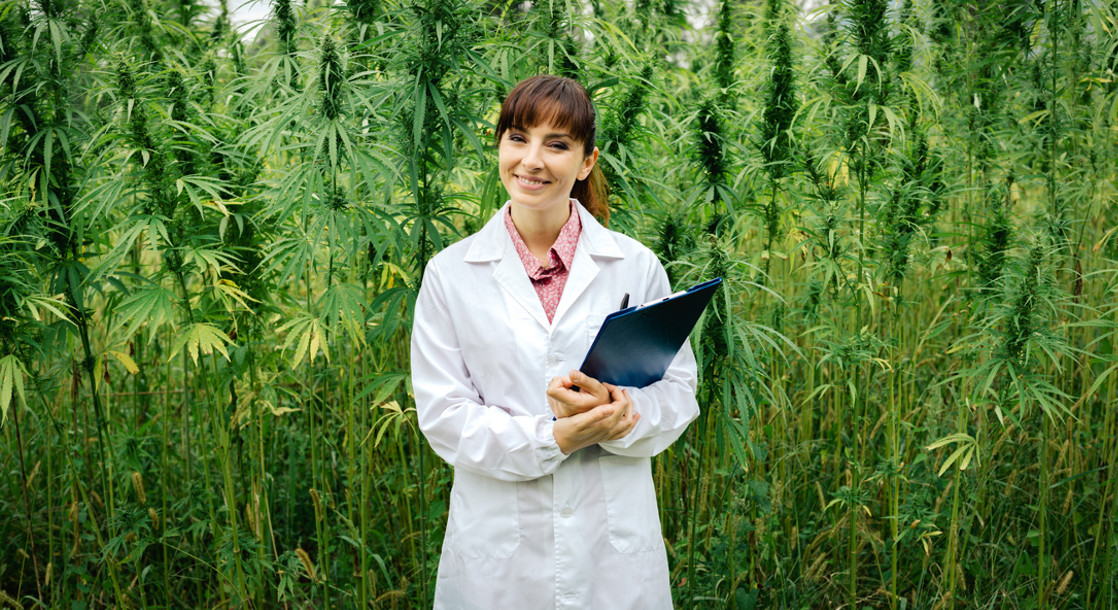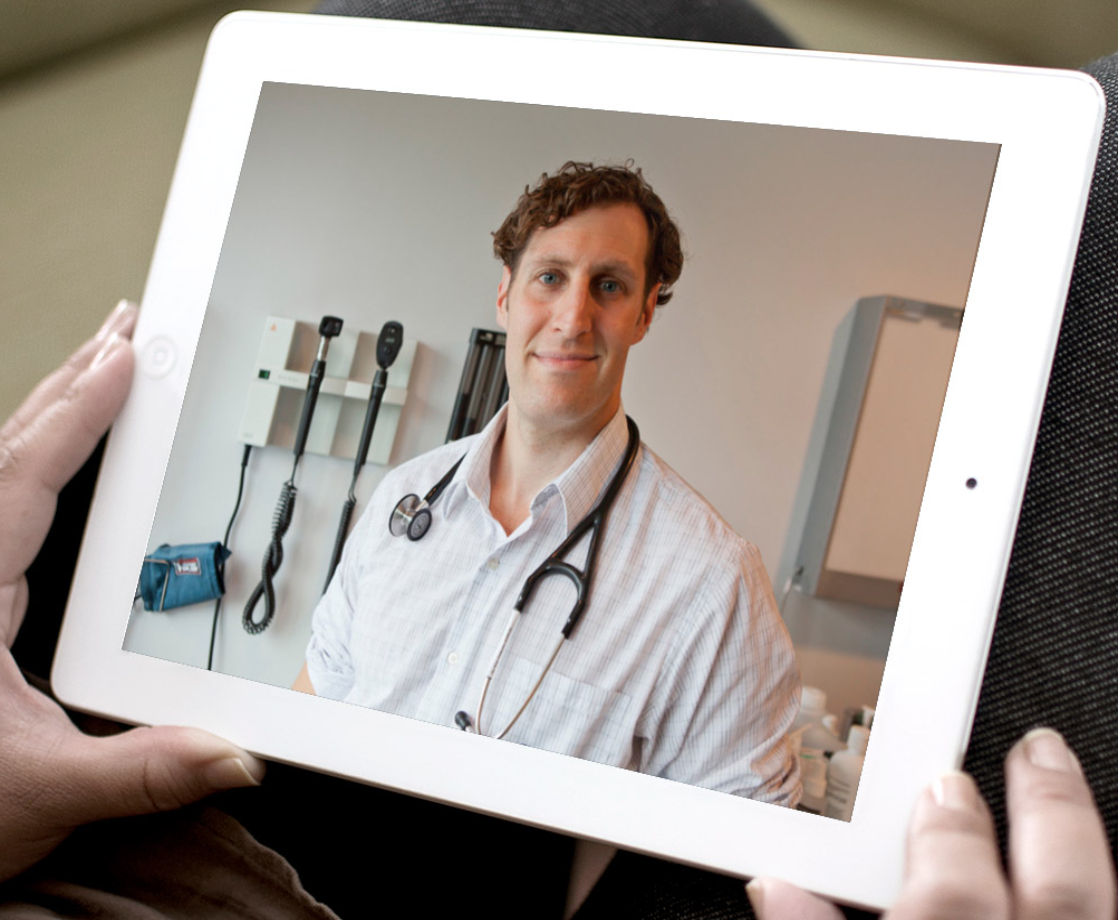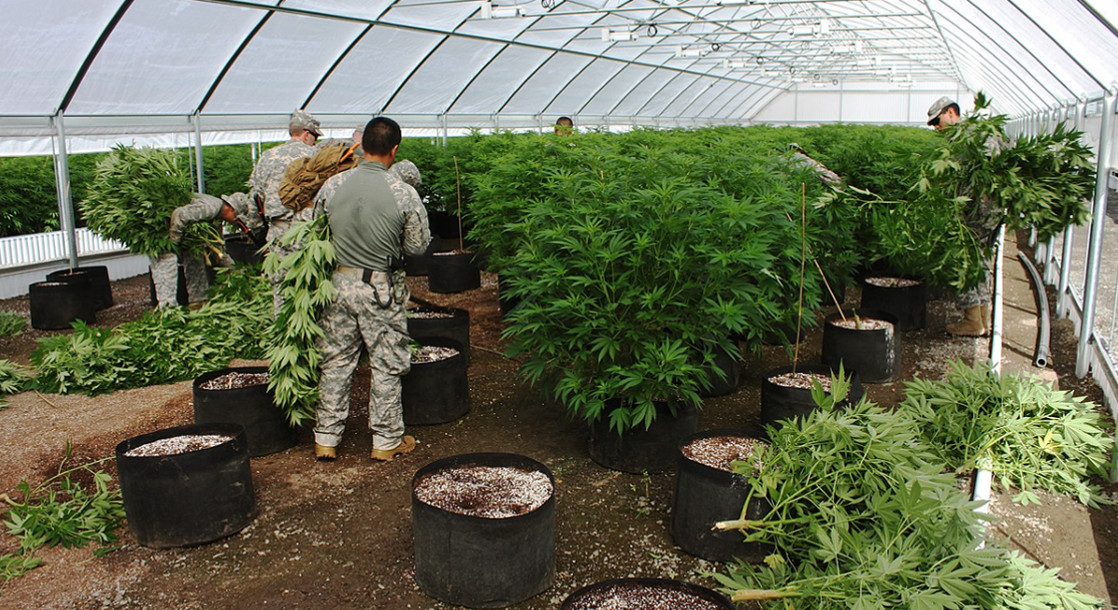As state-legal medical cannabis programs are becoming the rule rather than the exception, researchers are looking to replace long-held myths about cannabis users with scientific facts. The National Institute on Drug Abuse is stepping in to fund one of the largest studies on cannabis use to ever be undertaken in the U.S. In the $5.5 million study, researchers will look at 5,000 twins to determine how cannabis legalization has shaped their lives.
University of Colorado researchers will be partnering with the University of Minnesota to conduct the study, with each university looking at 1,250 pairs of twins located in their own state. Researchers hope to compare the impact of legalization by comparing twins from the canna-legal state of Colorado to twins from Minnesota, where the drug is still illegal. By looking at pairs of twins, the researchers will be able to better assess whether genetic or environmental factors are influencing any possible negative outcomes of cannabis use.
“Increasing numbers of states are legalizing recreational marijuana, but we know almost nothing about the health and social consequences of this dramatic and rapid shift in public policy,” said John Hewitt, director of the Institute of Behavioral Genetics at CU Boulder and co-lead of the study. “There is clear need for solid scientific evidence, and the experiment now unfolding in Colorado provides a rare opportunity to accumulate such evidence.”
A long-term study of this scale can literally take a lifetime, but the researchers have already been studying these twins for 15 to 20 years in other longitudinal studies. As part of this research, the twins have already been asked about their use of cannabis, along with alcohol and other drugs. The research team plans to conduct additional surveys among the twins in Colorado to determine how their cannabis use has changed since legalization. “There is a big cultural change of how marijuana is being used as a result of legalization,” Hewitt said. “Dabbing is just as legal as smoking your grandmother’s grass but the consequences could be very different.”
Researchers will ask the twins, who are between the ages of 23 to 29, about their relationships with family members, whether they are facing any legal or psychological problems, and whether or not they are fulfilling their career goals. Hewitt said that he expects that “some people will be fine” and that “some people will benefit” from cannabis use. “But for a subset of people, we suspect there will be adverse consequences,” he added.
The researchers say that although twice as many adults have reported past-year cannabis use over the past 15 years, there is still very little information on maximum doses of cannabis, or whether certain groups of individuals should abstain altogether. “If you go to a doctor's office, there are established guidelines for what you might call safe and appropriate use for alcohol, but doctors have no idea what they should be telling patients when it comes to marijuana use,” said CU psychiatry professor and co-lead researcher Christian Hopfer.











